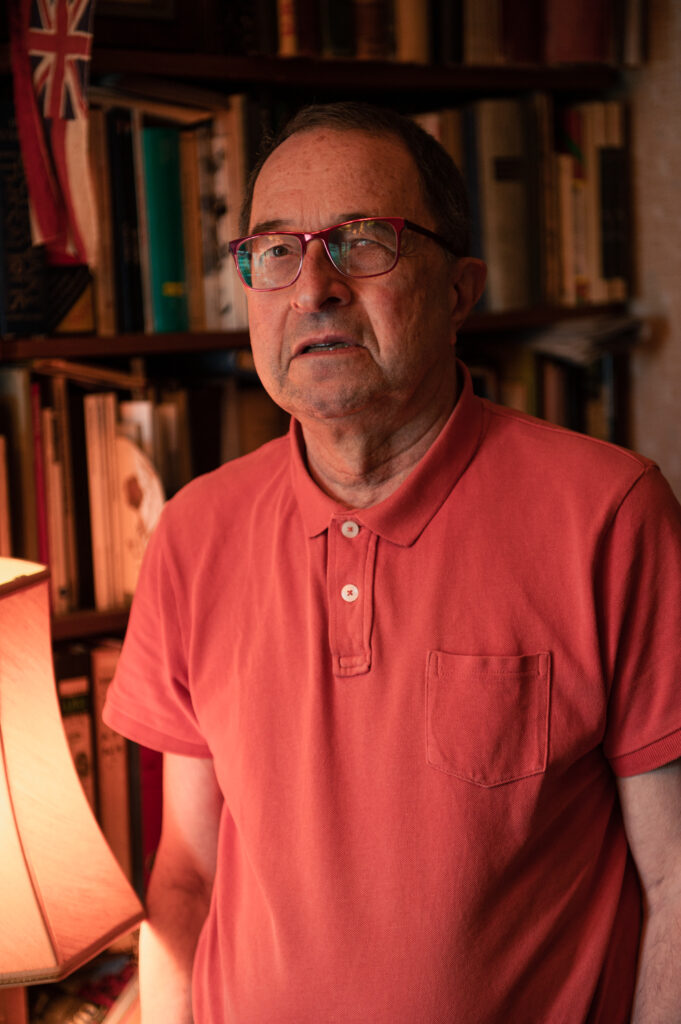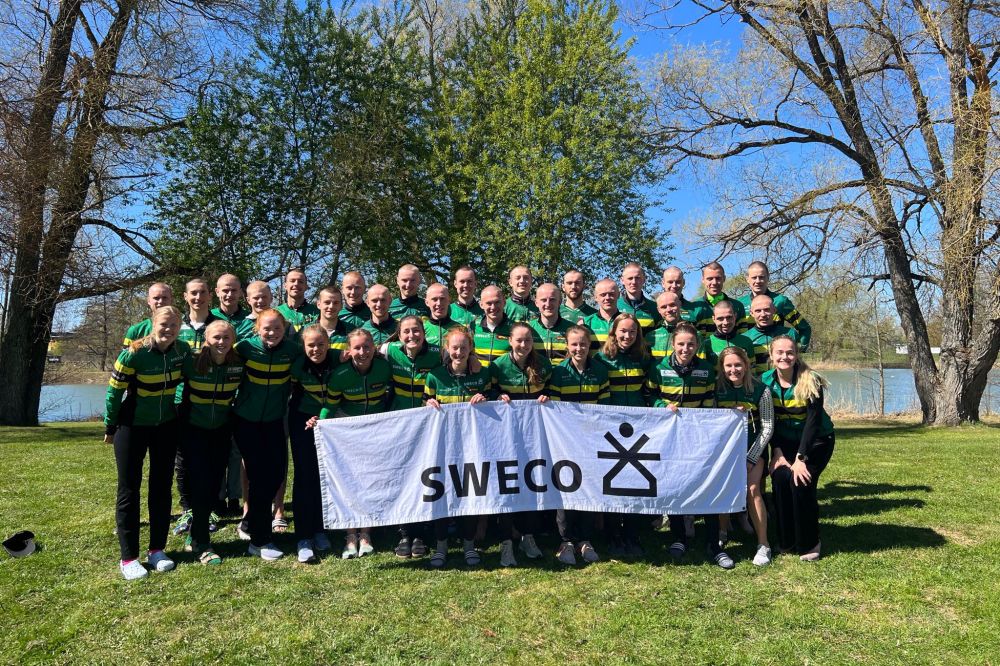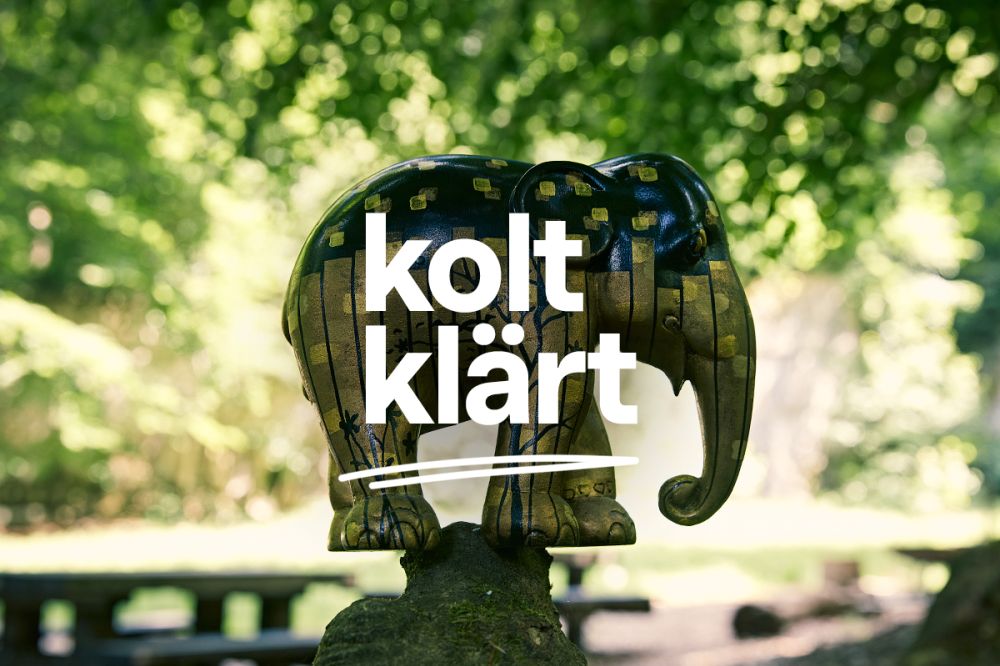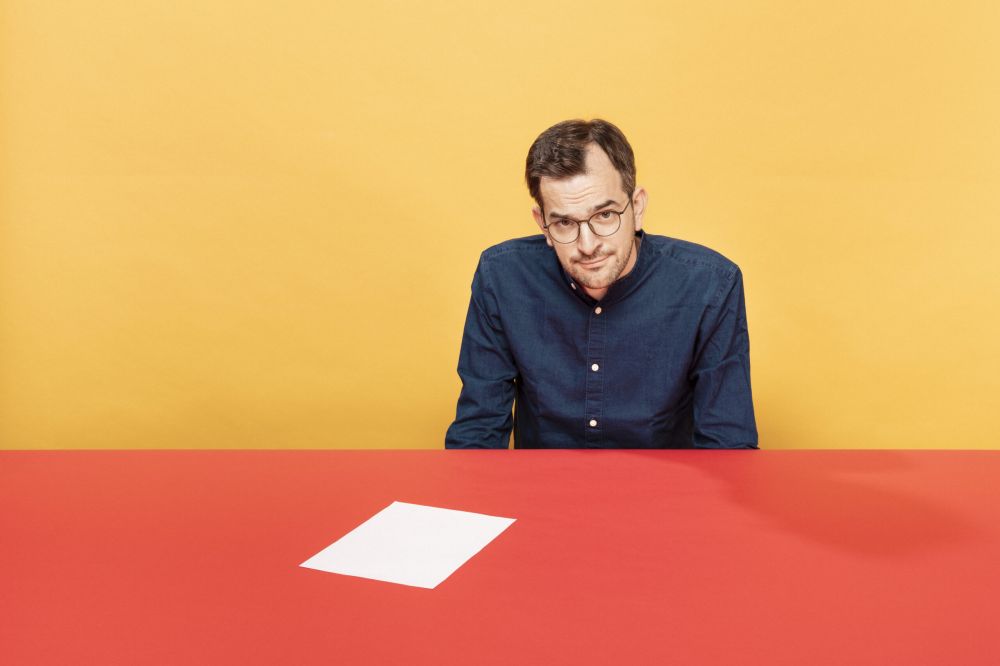Nothing but the Tooth
“Où sont les neiges d’antan, Charles? Où sont les nei — “
“I heard you, Boxer. I don’t know. Where are the snows of yesteryear?”
“My, my. You seem to be in a touchy mood today, my friend.”
“I have a toothache. Have YOU ever had a toothache? Then you know how I feel. Boxer? I’m sorry. But I have a toothache.”
“Only one? Out of how many? Thirty-two? That is not bad. But Charles, you must get it seen to. You have a tooth doctor, surely.”
“Oh yes. He’s my cousin. His son is a dentist, too.”
“There you are. Make an appointment.”
“It can wait. It’s distracted me from my back pain. I’ve been gardening.”
“Of course. As your neighbour, I know everything you have been up to recently. You broke a wheel on your green bin, too. Yes?”
“Uh, yes. The green goes out only on Monday, but I can manage. Except, I’m not sure what to do with a piece of, uh, rock I found whilst digging.”
“A piece of, uh, rock? You make it sound like a mystery. Charles? Are you going to tell me, or will I have to extract it from you like a rotten tooth?”
“Ow! No, of course I’ll tell you. You know that street, well, a path, behind us up the hill – Mammutweg? It’s called that because someone found an old mammoth or mastodon tusk or bone or something up there.”
“Yes. Go on.”
“Well, I think I found a piece of something from a mammoth.”
“May I see it?”
“No. It’s hidden.”
“Hidden? Why?”
“It might be, uh, stolen. Or ivory. Yes. Stolen ivory.”
“So, you should turn it over to the police.”
“I – I want to keep it.”
“I see, Charles. You are a collector of found objects, as evidenced by your cellars and the shelves in — “
“All right, Boxer. I know. It’s a habit I got into when I lived by the sea. Some of the strangest things used to wash up, you wouldn’t believe.”
“No – I mean, yes. I would indeed believe. But this rock? May I see it, Charles? Please?”
“Well, all right. Wait a minute. I’ll be right back.”
Boxer had apparently been re-arranging one of my bookshelves during my absence, for upon my return, I found him juggling three books with a look of indecision on his face.
“Charles! I was just trying to recall if Huxley wrote ‘Chrome Yellow’ before or after ‘Point Counter Point’.”
“Hm. I never thought to arrange books chronologically. It’s a great idea!”
“Of course it is. One might say they are arranged historically, as well.”
“Here’s the rock, if you’re still interested.”
“Good heavens! That is a heavy stone. Not a gram under two kilos, I would say. Looks just like a brick.”
“So what is it, do you think?”
“A fossil, no question about it. A trilobite, yes. Millions of years old. This is the exo-skeleton – like a huge beetle. And these root-like things must be the legs. You see how they would dig in.”
“These were sea creatures?”
“Oh yes. This whole area was under the sea. That is why there are so many salt mines around here. This is a marvellous find. Fossils are superb souvenirs of pre-historical time. Like your books, fossils too can be arranged chronologically. And whereas books are like leaves on a family tree of ideas, fossils are the leaves on the tree of Life itself. We will be fossils ourselves one day, Charles.”
“So I needn’t hide this?”
“Of course not. Fossils are not considered treasure trove legally, I am sure. You may display it proudly. Or donate it to the museum.”
“I was thinking of using it as a doorstop.”
“Excellent idea. Just do not stub your toe on it. I say, it balances nicely in the hand, too. And these ridges are so smooth, nearly worn down. What did I say, Charles? Trilobite? Trilobite. Trilo-Bite? Yes. Well, enjoy it anyway.”
Boxer left me standing in my study. I heard him shut the front door, and I was reminded again of my toothache. It was beginning to throb, and so I decided to call my cousin. He made room for me later that same day. Martin is a keen gardener, and I took some photos of my fossil to show him.
“Charles, do you know what you’ve got here?”
“A fossil – a trilobite.”
“No, no. True, it looks very much like one, but no. You have an elephant tooth here.”
“Tooth? A piece of a tusk, you mean? Ivory?”
“Ivory of a sort, yes, but a tooth. A grinder. A molar. We studied them in comparative anatomy. An elephant has four of these – two up and two down – one on each side.”
“Good heavens, Martin! The thing’s huge!”
“Well, so is an elephant. You don’t show proper scale here, but I imagine yours is about the size of a loaf of bread, right?”
“Exactly. But a lot heavier.”
“Could I come by and look at it sometime? This weekend?”
“Of course. I can show you where I dug it up. There were other stones around it, like a landfill dump.”
“You mean, like someone filled in a cavity?”
“Yes. Maybe an old pond or something.”
“So – see you this weekend, then. And don’t forget to put an ice pack on your tooth.”
I was dying to tell Boxer that his verdict of fossil was wrong. Then I realised that it could still be a fossilised elephant tooth. Better keep my mouth shut for now. Put an ice pack on it.
Martin came over on Sunday afternoon, and I showed him the tooth.
“No, this is no fossil. It’s not that old. Elephants go through about six changes of teeth in an average lifetime. This looks to be only about, oh, one hundred years old or so. Hard to tell, since it’s been buried. But it’s no fossil, that’s for sure. Ah – you have a visitor, Charles.”
“I say, Charles, — oh, hello!”
That was, of course, Boxer. The conversation went quite as you’d expect until —
“I say, Charles. Did you have that tooth I see there extracted? Rather large molar, that is.”
“You said it was a fossil, Boxer.”
“Did I? No, no. Perhaps I was merely comparing it to a fossil, and you misunderstood.”
“You said it was a trilobite.”
“Hm. I recall saying that word, yes. But I was emphasising it – trilo-BITE. Of course, I was referring to it as a tooth, you see.”
“Ah, Boxer, old boy, you never give in, do you?”
“Nor do I give up. Shall I tell you about this elephant tooth? Yes? Well — her name was Rosa, the matriarch, the doyenne of circus elephants. Now, you recall the days of travelling circuses those many years ago?”
“Yes. Olten had its own permanent circus, as well. Boxer – have you been doing research again? I warned you about the dangers of that. Martin, you’ll have to excuse my friend’s enthusiasm for research.”
“Not at all. Study and learning never stop.”
“Well put, sir. Anyway, Circus Klops had settled in the old cement factory grounds out by the Born stone quarry. That was already many, many decades ago. Rosa came to them as an infant elephant, and she grew up and grew old with them. Actually, what with elephant rustling and insider trading and all, she was their only permanent elephant. As Rosa lost teeth, her keeper, a kindly war veteran named Thorsten, kept them in a large steamer trunk (no pun intended, of course). When Rosa died, old Thorsten pined away and soon afterward died too.”
“Boxer – is this going to have a happy ending?”
“No, Charles. Circus stories never do. All of Thorsten’s possessions were disposed of amongst his family and friends, but the so-called ‘rocks’ in the trunk were dumped into the quarry gravel pit. Rosa’s teeth ended up mixed with the other stones. And, finally, in your garden as land fill.”
“And how did you learn all this, Mr Boxer? I’m quite impressed, dentally speaking, that is.”
“Of course! You are used, as a tooth doctor, to seeing many teeth all in the same place. It is the same with trilobite fossils. They often are found, so I understand, in groups or swarms, as some archaeologists jokingly call them. Not always, though, but a single find aroused my suspicions. Statistically, this is referred to — “
“Boxer! Get to the point! Please.”
“All right. Our old friend Thorsten had a grandson who wrote a book of memoirs called ‘Circus Life’ in which he told the story of Rosa. I happened to run across the book quite by accident just yesterday, in fact.”
“I don’t believe you, Boxer. Not just part of it – none of it. You do enjoy a good hoax, don’t you?”
“I do, certainly. But was it just coincidence that the Oltner Neujahrsblätter of 2015 caught my eye in an antique bookshop, and that this issue contained an article about our friend the mammoth? This started me wondering. Now, add the cover photo of that publication – a modern shot of the old cement factory, and things start falling into place. You see, coincidences don’t really happen randomly. They wait, sometimes in swarms, to descend upon the needy.”
“And Thorsten’s grandson?”
“Merely a witness to history. An accessory to an elaboration.”

David Pearce ist ein Schweizer Schriftsteller, wohnt seit 2000 in Olten und hat amerikanische, englische und französische Wurzeln. Er schreibt auf Englisch Kurzgeschichten, Romane und Theaterstücke.











Was weisst du über den Zirkus Klops?